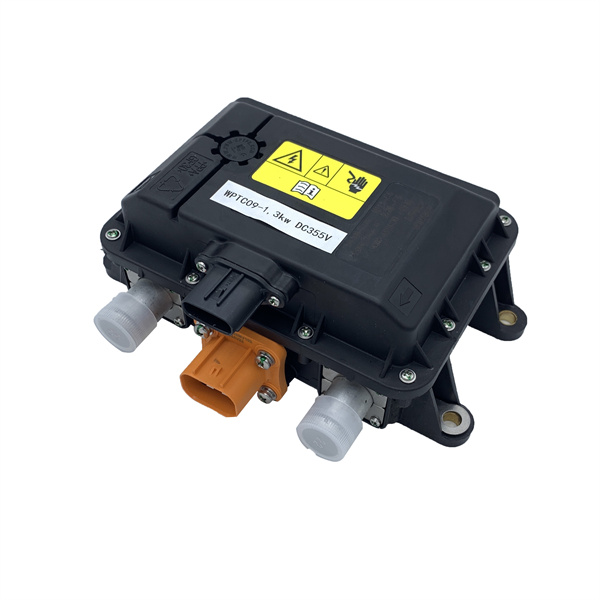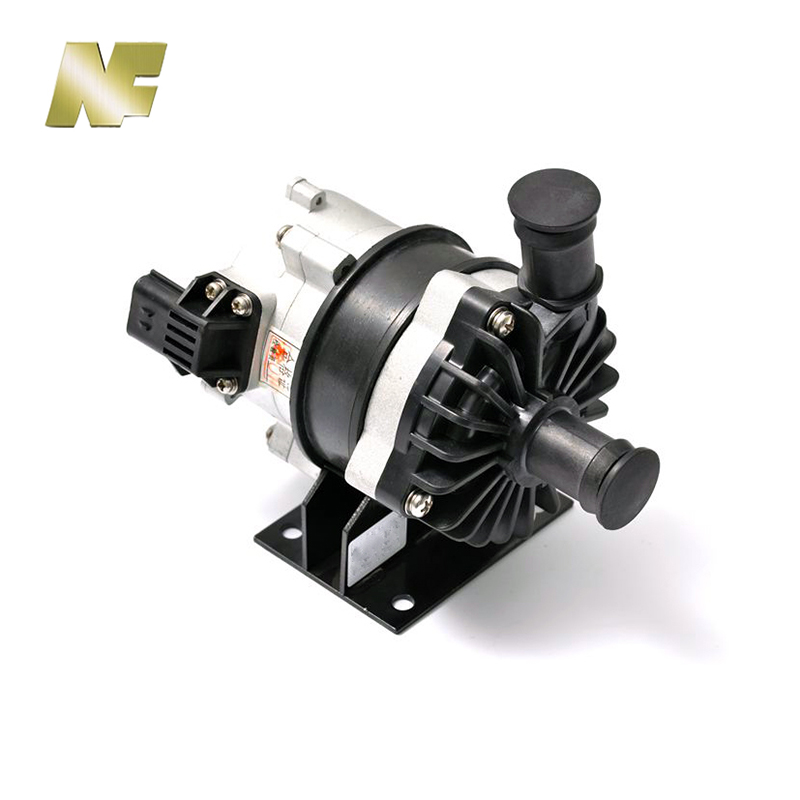Heating a car in the winter is sometimes a bit of a hassle – you have to clear up the snow on the windshield and let the interior warm-up. At least that was the case with older, internal combustion engine vehicles.
In newer EVs like the Ford F-150 Lightning, things can go a lot smoother and quicker, partly because the vehicle doesn’t have to heat up some water for warm air to blow out the interior vents. Instead, it uses energy from the batteries to warm up the cabin, and it does so surprisingly fast. 10kw Diesel Heater

As the video embedded above shows, there’s a huge difference between the time it takes for the electric F-150 to heat the inside compared to an older Dodge Caravan that has a gas engine under the hood.
In the video, the presenter uses a classic thermometer to see how quickly the inside temperature gets from around 32 degrees Fahrenheit (0 degrees Celsius) to a warm 62 F (17 degrees Celsius).
As a quick reminder, Ford’s electric truck has a resistive heater and not a heat pump, which basically acts like a supersized hairdryer – a technique that isn’t particularly energy efficient. But that didn’t stop it from winning Motor1.com’s Best EV 2022 and Best Truck 2022 awards, as well as MotorTrend’s 2023 Truck of the Year title.
By comparison, for a conventional ICE vehicle to provide hot air for the interior, it has to get up to operating temperature, open the thermostat, and then get warm coolant into the heater core.
I won’t spoil the outcome of the video, but I can tell you I didn’t expect the result. But go to the top of this article and watch for yourself, then let us know in the comments section below what you think.
Read more EV truck news

Hvc High Voltage Coolant Heater Source: Truck King via YouTube